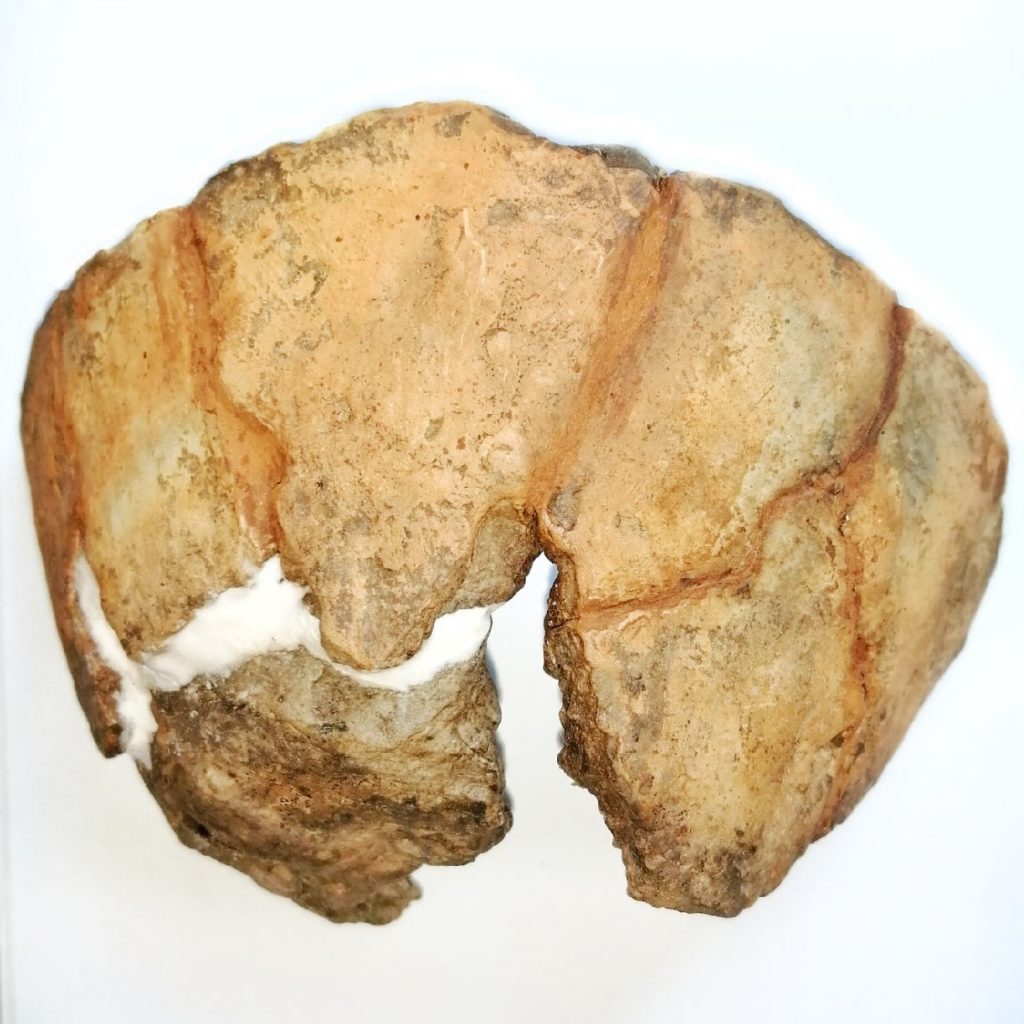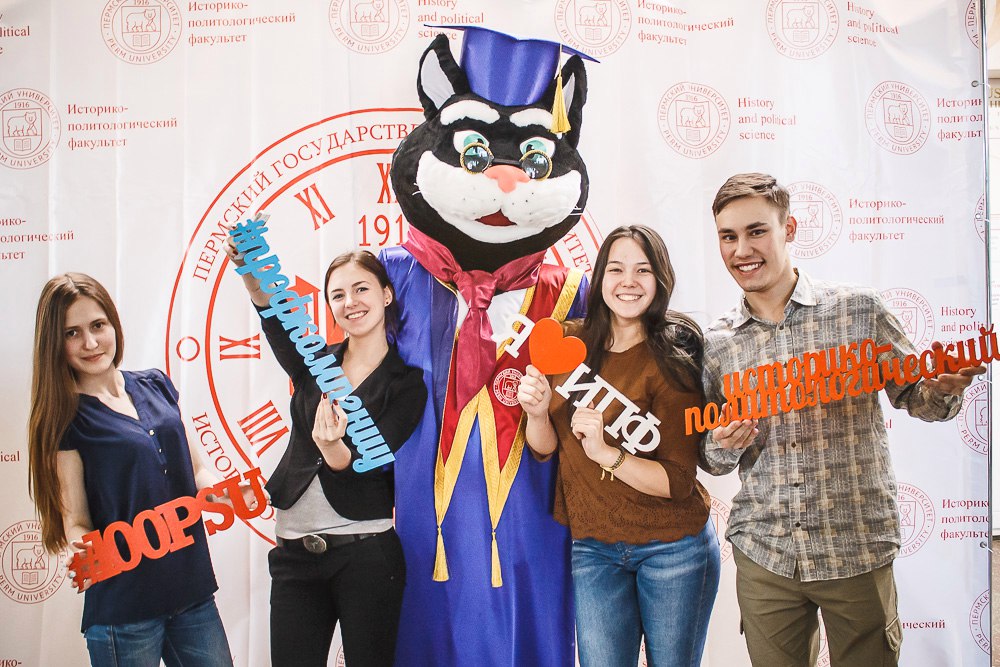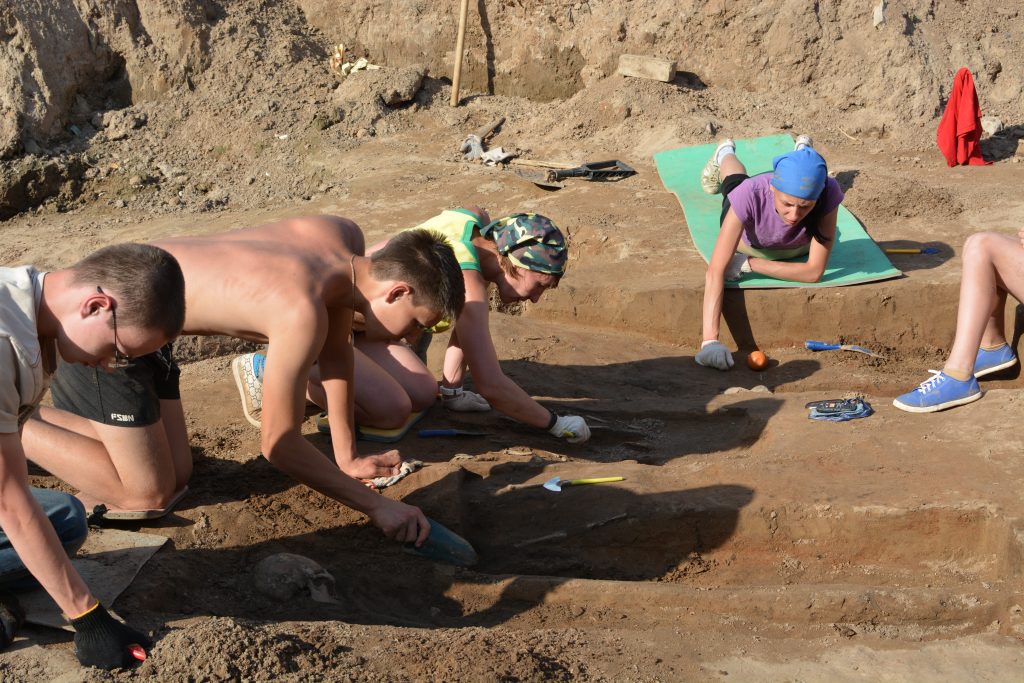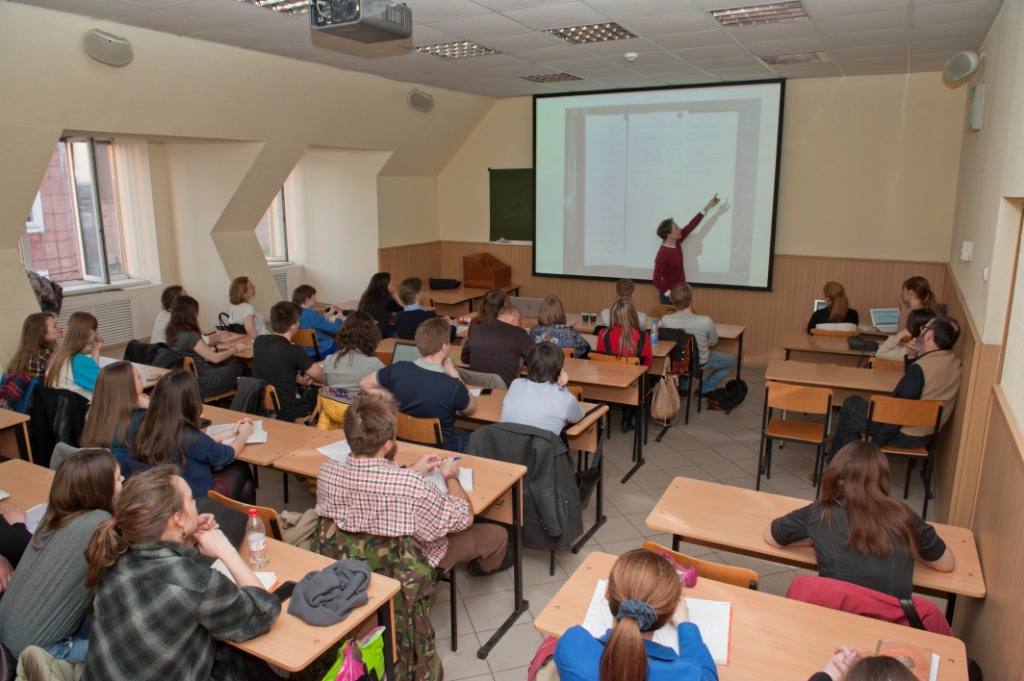PSU Students Participate International Archeological School

Five students of the Department of History and Archeology, PSU – Maria Shmyrina, Andrey Smertin, Pavel Smertin, Anastasia Smertina and Artyom Nazarov took part in the 9th International Archaeological School on site of historical and architectural reserve in Bolgar, Republic of Tatarstan, Russia.
Throughout the School program, participants learnt to identify items found during excavation, trace ethnic and cultural influences, restore knowledge of old crafts, master methods of investigation, including nano-chemistry analysis, and train field conservation of archaeological objects.
Three students participated in the section “Restoration of Archaeological Objects”, and two students in “Paleoanthropology”, presenting following reports at the final Conference:
- “Bone Hygiene Items from the Materials of Settlement Monuments in the Inva River Basin” by Maria Shmyrina;
- “The Key Features of the Eneolithic cultures of the Forest Zone of Eastern Europe” by Anastasia Smertina;
- “Blacksmithing in the Upper Kama Territory (based on the materials of the medieval settlement and burial ground of Anyushkar)” by Andrey Smertin;
- “The Peter and Paul Necropolis of the City of Perm: on the Issue of Paleontological Study of the Remains of the 2nd quarter of the 18th century” by Pavel Smertin.
“Not did we only manage to gain valuable knowledge and exciting practical experience, but also got acquainted with participants from different parts of Russia and abroad. If the study schedule allows, I would undertake such a trip again, especially in new areas of training within the School framework,”
admits Andrey Smertin.
“Under the guidance of experienced staff, we were entrusted to restore various bronze and lead objects, as well as ceramic vessels. We managed to eliminate traces of corrosion that distort the appearance of the object, as well as prevent their further active destruction,”
Maria Shmyrina shares her archaeological experience.

“At School, I met wonderful people from other cities and countries, too. It’s been quite a rewarding cultural exchange. Now I know a few words in Turkish and ways to cook Arabic desserts. I am also excited about the idea of going to the Chimgan Mountains, Uzbekistan. Next year, I’d like to spend much more time gaining skills for my research,”
says Artyom Nazarov.
About the Faculty of History and Political Science
The Faculty of History and Political Science at PSU was born in 1960, initially as a joint with other University departments. In Soviet Russia, the Faculty was the first to switch to simultaneous study of both the world and national history. In 1996, the Faculty was transformed into the Faculty of History and Political Science, becoming the first one in the Russian history to prepare specialists in political science.

Among the first in the world, the Faculty opened a scientific and educational center for digital humanities, using IT tools to create virtual museums, preserving historical and cultural heritage. The Faculty has extended links abroad, primarily due the Center for Comparative Historical and Political Studies, founded in 2012.
Throughout years of research activity, several hundred archaeological sites of various cultures were found in Ural region, covering all stages of the development of the material culture of the ancient population from the Paleolithic to modern times.

Since 2008, the Faculty hosts annual scientific forums aimed at young researchers – the Russian Assembly of Young Political Scientists and the All-Russian Conference of Young Scientists, Graduate and Post-Graduate Students “Russia and the World in late XIX – early XX century.”
The Faculty of History and Political Sciences is the only university department in Russia to publish three specialized academic journals included into the State Commission for Academic Degrees and Titles list.

